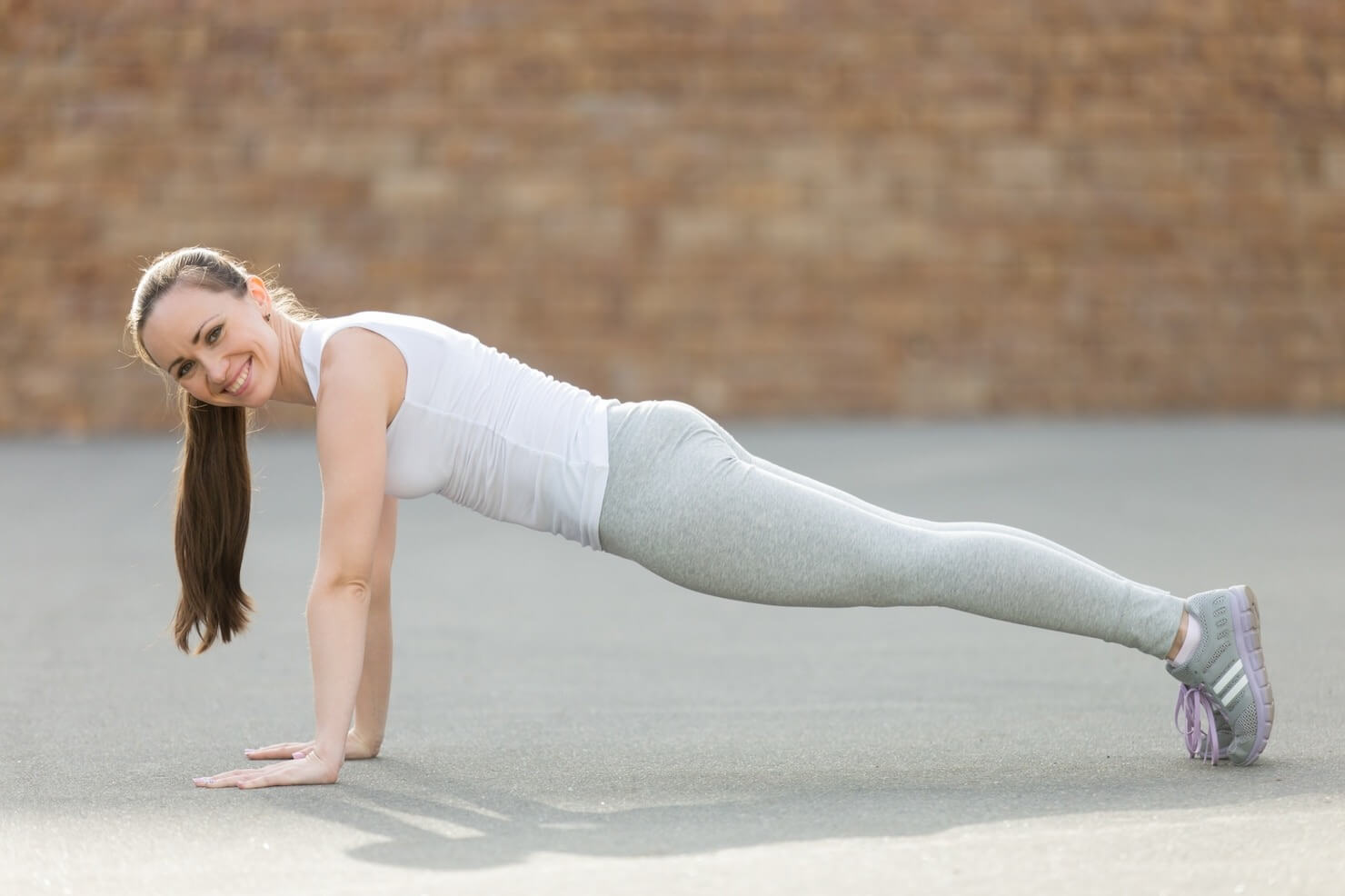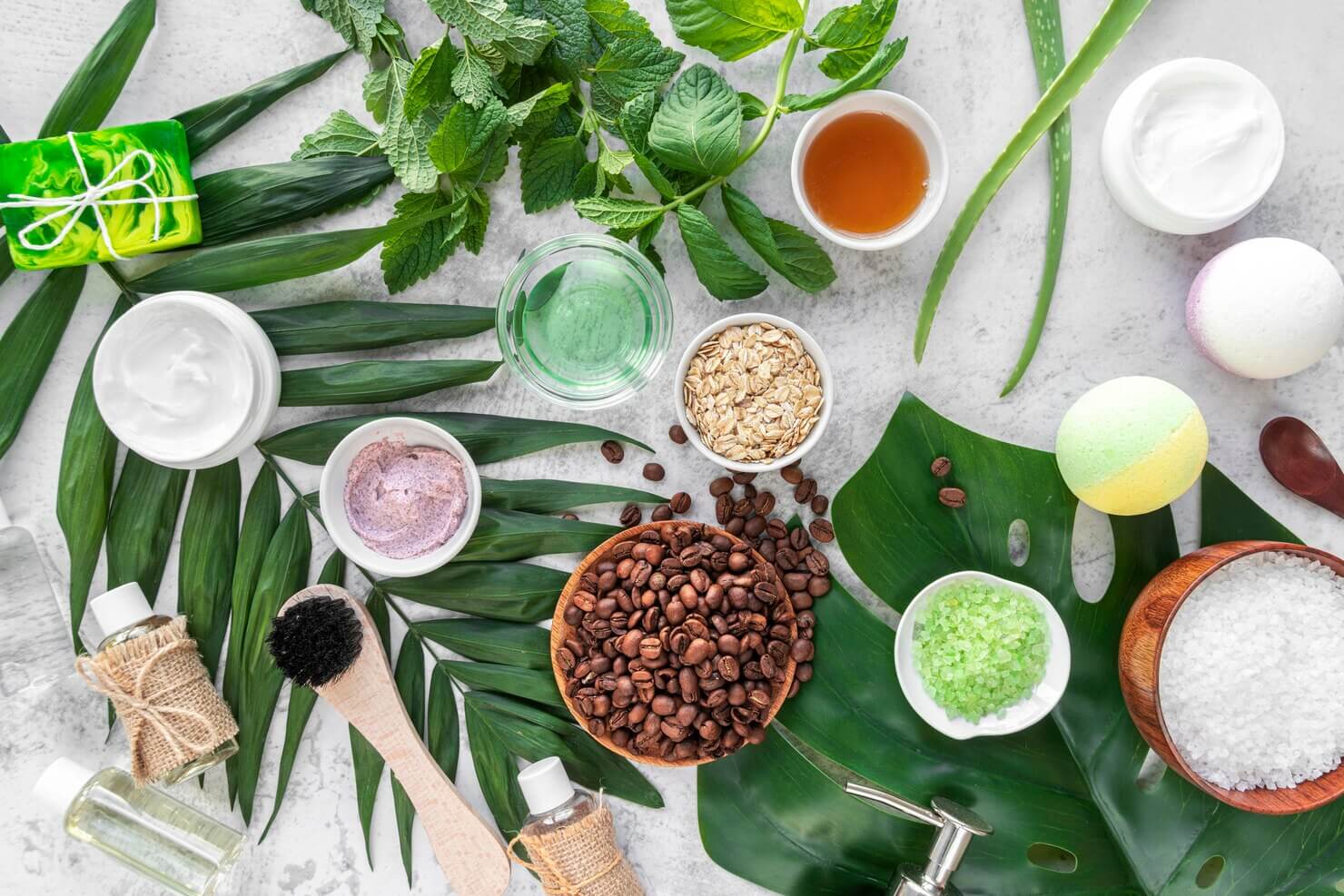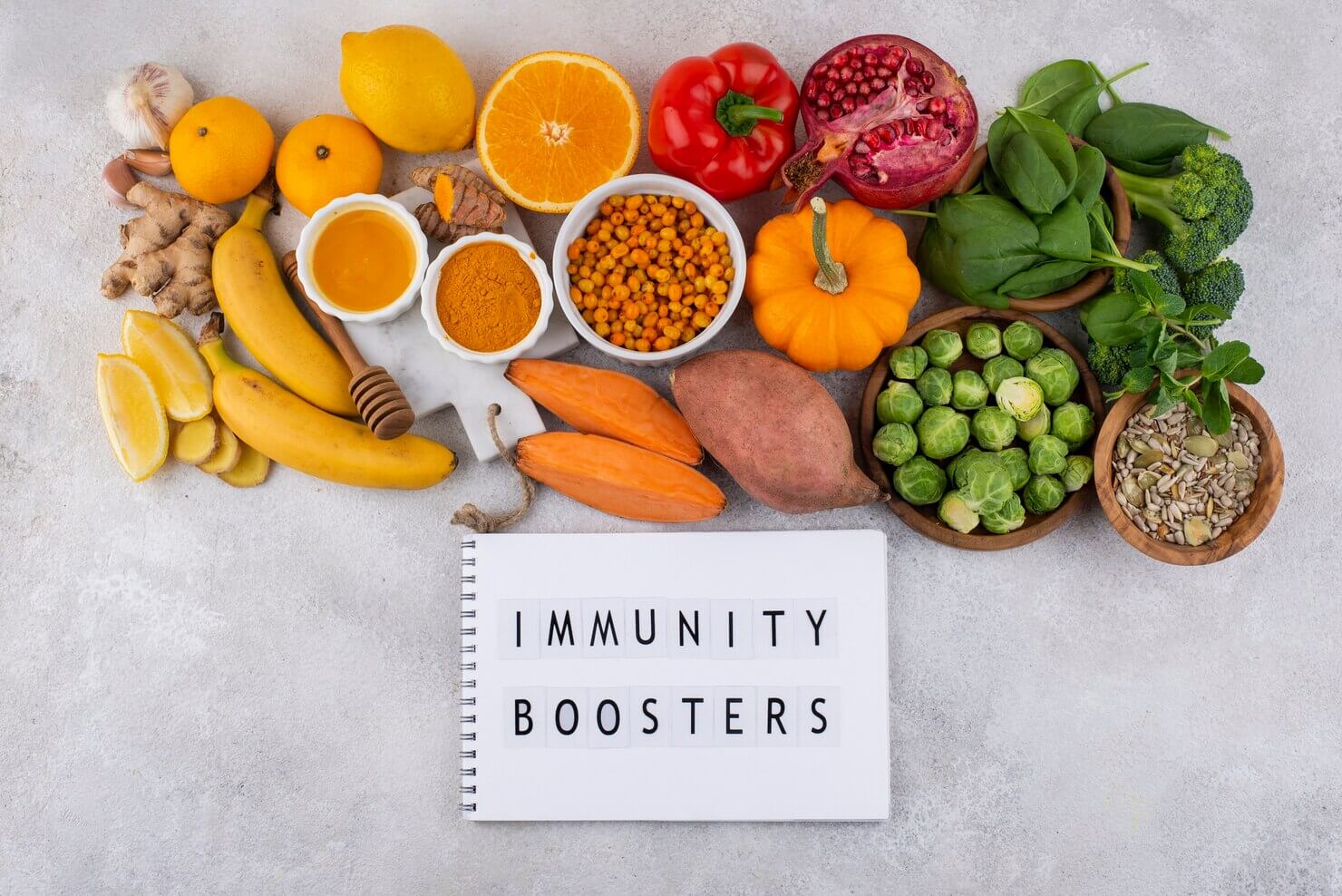Women’s health requires specific nutritional needs at different stages of life, from adolescence to pregnancy, and through menopause. Vitamins and minerals play crucial roles in maintaining everything from reproductive health to bone strength, energy levels, and mood balance. Ensuring that women get the right nutrients is essential for overall well-being and long-term health.
Here are the top 10 essential vitamins and minerals for women’s health:
1. Iron
Iron is essential for producing hemoglobin, the protein in red blood cells that carries oxygen throughout the body. Women, especially those who menstruate, have a higher risk of iron deficiency, which can lead to fatigue, anemia, and impaired cognitive function.
- Benefits: Prevents anemia, boosts energy, and supports muscle and brain function.
- Sources: Red meat, spinach, lentils, beans, fortified cereals, and tofu.
2. Calcium
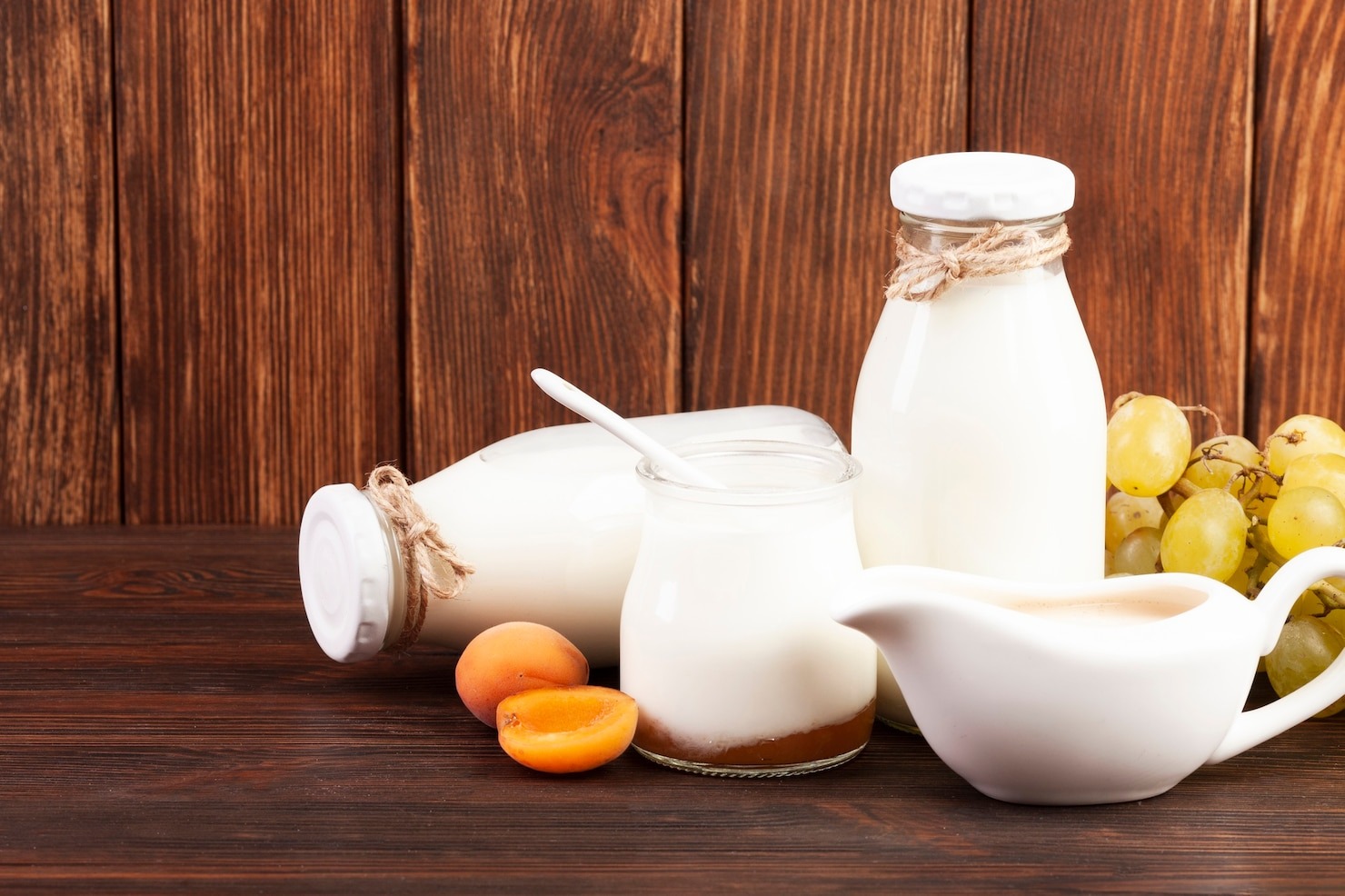
Calcium is crucial for building and maintaining strong bones and teeth. Women are more prone to osteoporosis, particularly after menopause, making calcium an important mineral throughout life to support bone health.
- Benefits: Promotes bone and teeth health, supports nerve function, and aids in muscle contraction.
- Sources: Dairy products (milk, cheese, yogurt), leafy greens, almonds, and fortified plant-based milk.
3. Vitamin D
Vitamin D enhances calcium absorption, making it essential for bone health. It also plays a role in immune system function and mood regulation, with deficiencies linked to an increased risk of depression and weakened immunity.
- Benefits: Supports bone health, enhances immune function, and improves mood.
- Sources: Sunlight, fatty fish (salmon, tuna), fortified foods, and supplements.
4. Folate (Vitamin B9)
Folate is especially important for women of childbearing age, as it plays a key role in preventing birth defects in early pregnancy. It’s also involved in cell growth and the production of DNA.
- Benefits: Promotes fetal health, supports red blood cell production, and helps prevent certain types of anemia.
- Sources: Leafy green vegetables, legumes, fortified cereals, and citrus fruits.
5. Vitamin B12
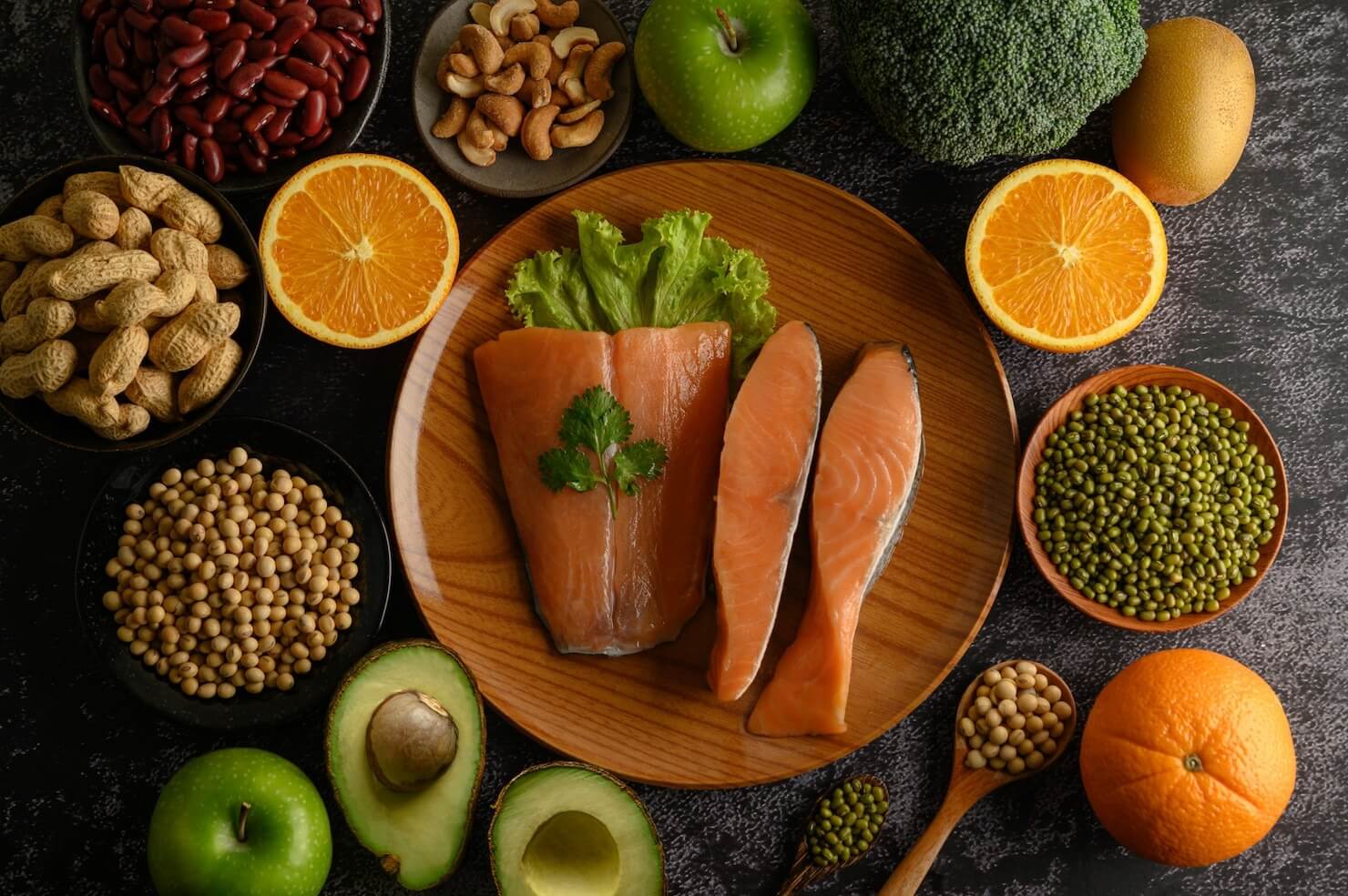
Vitamin B12 is essential for nerve function, the production of DNA, and the formation of red blood cells. Many women, especially vegetarians or vegans, may be at risk of deficiency, which can lead to fatigue, weakness, and neurological issues.
- Benefits: Supports nerve health, helps in red blood cell formation, and prevents anemia.
- Sources: Meat, fish, dairy products, eggs, and fortified plant-based foods.
6. Magnesium
Magnesium is involved in more than 300 biochemical reactions in the body, including energy production, muscle and nerve function, and blood sugar regulation. It also plays a role in maintaining healthy bones and reducing symptoms of PMS (premenstrual syndrome).
- Benefits: Supports bone health, reduces PMS symptoms, aids muscle relaxation, and enhances sleep quality.
- Sources: Nuts, seeds, whole grains, leafy greens, and legumes.
7. Omega-3 Fatty Acids
While not technically a vitamin or mineral, omega-3 fatty acids are essential for women’s health, particularly for reducing inflammation, supporting heart health, and promoting brain function. They are also important during pregnancy for the baby’s brain development.
- Benefits: Reduces inflammation, supports heart health, and improves cognitive function.
- Sources: Fatty fish (salmon, mackerel, sardines), flaxseeds, chia seeds, and walnuts.
8. Vitamin C
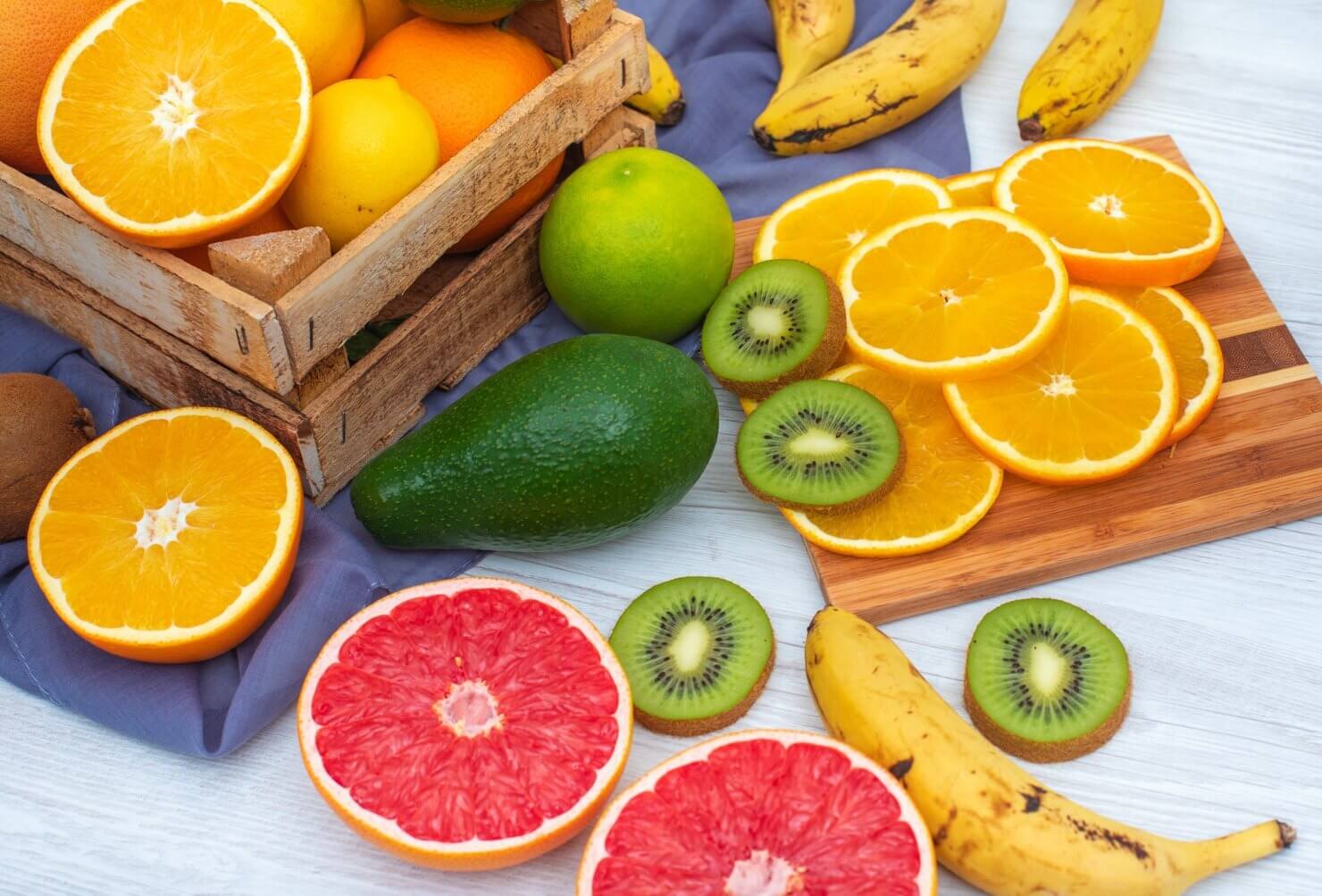
Vitamin C is a powerful antioxidant that helps protect the body from damage caused by free radicals. It’s also important for immune function, collagen production (essential for skin, hair, and nails), and the absorption of iron from plant-based foods.
- Benefits: Boosts immune system, promotes skin health, and aids in iron absorption.
- Sources: Citrus fruits (oranges, lemons), bell peppers, strawberries, broccoli, and kiwi.
9. Zinc
Zinc supports immune function, wound healing, and normal growth and development. It also plays a role in maintaining healthy skin, regulating hormones, and may help in reducing the severity and duration of colds.
- Benefits: Boosts immunity, promotes skin health, and supports hormone balance.
- Sources: Meat, shellfish, legumes, seeds, and dairy products.
10. Vitamin E
Vitamin E acts as an antioxidant, protecting cells from damage caused by free radicals. It is also important for skin health, helping to keep skin supple and moisturized, and may reduce signs of aging. In addition, it supports immune function and eye health.
- Benefits: Protects against oxidative stress, promotes skin health, and boosts immune function.
- Sources: Nuts and seeds, spinach, sunflower oil, and avocados.
Conclusion
Women’s health depends heavily on consuming the right vitamins and minerals to support different physiological functions, from bone strength to reproductive health. A balanced, nutrient-rich diet that includes plenty of fruits, vegetables, lean proteins, and healthy fats will provide most of these essential nutrients. However, some women may need to take supplements, particularly for nutrients like iron, calcium, and vitamin D, depending on their age, health status, and dietary habits.
Frequently Asked Questions (FAQs)
Q1: Should I take a multivitamin to cover my nutritional needs?
Multivitamins can be beneficial, especially for women who may have difficulty getting all their necessary vitamins and minerals from food alone. However, it’s best to get nutrients from whole foods first. Always consult with a healthcare provider before starting a new supplement regimen.
Q2: How do I know if I’m deficient in any vitamins or minerals?
Symptoms of deficiency vary but can include fatigue, weakness, brittle hair and nails, poor immune function, and more. A blood test can confirm deficiencies, so it’s important to consult your doctor if you suspect a problem.
Q3: Can taking too many supplements be harmful?
Yes, excessive intake of certain vitamins and minerals can be harmful. For example, too much iron can lead to toxicity, and excessive vitamin D can result in calcium buildup, which can damage the heart and kidneys. Always stick to recommended dosages and consult a healthcare provider.
Q4: How does vitamin D affect women’s health?
Vitamin D is crucial for calcium absorption and bone health, making it especially important for women, particularly post-menopausal women who are at a higher risk of osteoporosis. It also plays a role in immune function and mood regulation.
Q5: Are there specific nutrients women need more of during pregnancy?
Yes, during pregnancy, women need higher amounts of folate, iron, and calcium to support fetal development. Omega-3 fatty acids are also crucial for brain and eye development in the baby.


